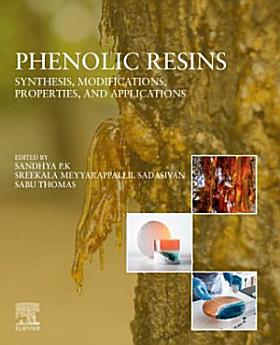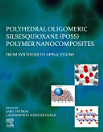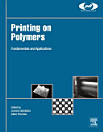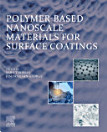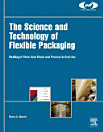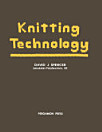Phenolic Resins: Synthesis, Modifications, Properties, and Applications
About this ebook
About the author
Dr. Sandhya P.K. is an Assistant Professor at the Postgraduate Research Department of Chemistry, Sree Sankara College, Kalady, Kerala, India. She received her Master of Philosophy in Chemistry in 2009 at the same university. She has published several articles in international journals, presented her work at various international and national conferences, and co-authored multiple book chapters. Dr. Sandhya’s research interests include the synthesis of nanomaterials such as graphene, phenol-formaldehyde resin based nanocomposites, and foams.
Dr. M.S. Sreekala is an Assistant Professor at the Postgraduate Research Department of Chemistry, Sree Sankara College Kalady, India. An active researcher in the field of polymer science and technology, she has edited 6 books, and has over 50 research publications to her name. Dr. Sreekala received the prestigious Alexander von Humboldt (AvH) post-doctoral fellowship from the Humboldt Foundation, Bonn, Germany, and conducted research at the Institute for Composite Materials, University of Kaiserslautern, Germany. She was awarded the JSPS post-doctoral fellowship from Japan Society for Promotion of Science, Tokyo, Japan, and conducted research at the Department of Mechanical Engineering, Yamaguchi University, Japan.
Sabu Thomas is a Professor and Director of the International and Interuniversity Centre for Nanoscience and Nanotechnology, Mahatma Gandhi University, Kerala, India. Professor Thomas is internationally recognized for his contributions to polymer science and engineering, with his research interests encompassing polymer nanocomposites, elastomers, polymer blends, interpenetrating polymer networks, polymer membranes, green composites, nanocomposites, nanomedicine, and green nanotechnology. His groundbreaking inventions in polymer nanocomposites, polymer blends, green bionanotechnology, and nano-biomedical sciences have significantly advanced the development of new materials for the automotive, space, housing, and biomedical fields.
